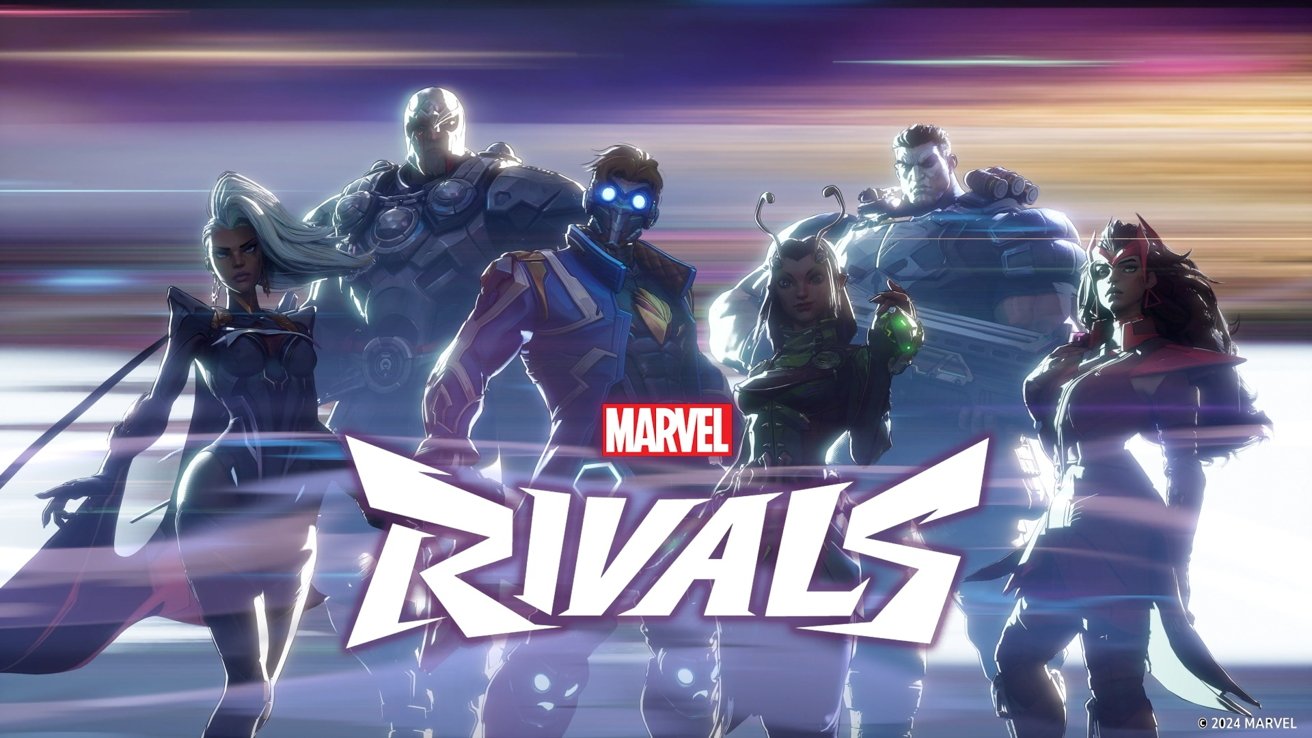Banned macOS & Linux players of 'Marvel Rivals' have been given a reprieve
"Marvel Rivals" developer NetEase will reverse 100-year bans imposed on players who used emulation software to play the game on Mac and other platforms.

Mac and Linux users can soon play Marvel Rivals via emulation without risk. Image Credit: Marvel/NetEase Games
features an anti-cheat system similar to that on other popular Windows games. Such tools can get removed or disabled as part of the process of porting games to a new platform.
NetEase, the developer of the game, announced that it would be reversing the bans in a future update. The announcement was made on a Discord server.
Players were banned because the game misinterpreted attempts to run the software on currently unsupported platforms like macOS, Steam Deck, and Linux using Windows emulation software as "cheating." It then imposed 100-year bans on players.
Marvel Rivals is natively compatible with Windows PCs, the Sony PlayStation 5, and Microsoft's Xbox Series S and X consoles.
The bans caused considerable outcry and bad publicity for the new title. Would-be players on other platforms were simply using emulation software such as Parallels or Proton on Linux in order to play the game.
CodeWeavers CEO James Ramey directly contacted NetEase to complain about the restriction on running the game on alternate platforms. CodeWeavers makes a Windows emulation environment called Crossover that is designed to help macOS, ChromeOS, and Linux users run Windows software.
Until changes are made to the game itself, players could still find themselves notified of a ban for "cheating" by the game. NetEase will reverse the bans when notified by players until it can modify the game's security mechanisms through an update.
Read on AppleInsider

Comments
would have better to think of how cheat stoppers and emulation would work in the first place, but still
They use anti-cheat software that tries to make sure there's no other software modifying the game to allow things like auto-aim and shooting through walls. When the game is run through compatibility software, either the anti-cheat isn't running or the software is being modified at a lower level in order to run, which looks like it's using cheats.
This is why a lot of these games don't get native ports as it's harder on some systems to run anti-cheat code at such a low level (kernel-level). There should be a way to tackle this at the OS level for all games though the same way video DRM is handled.
The OS can ensure that all of the memory used by an app isn't modified by another app at runtime, possibly using encrypted memory containers. To ensure the binary isn't modified on disk, they verify a hash of the files. In the rare case the methods are bypassed, they can review the player's activity online. It shouldn't need a custom kernel-level driver to verify software integrity, the OS provider should be able to guarantee this.
Maybe a sandboxed area of the OS that behaves like mobile operating systems would be an option and protected games run inside the sandbox. This would have an inaccessible filesystem.